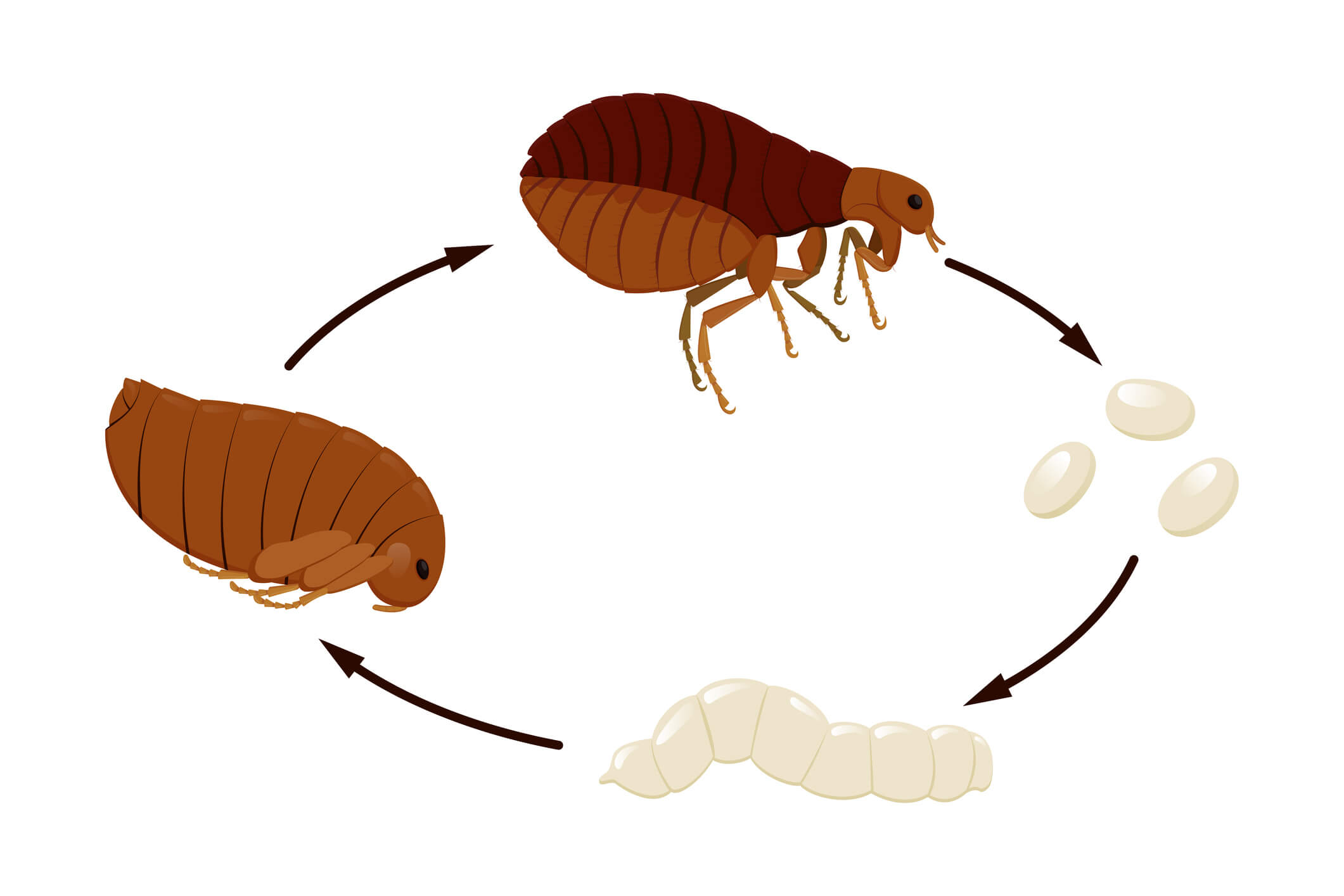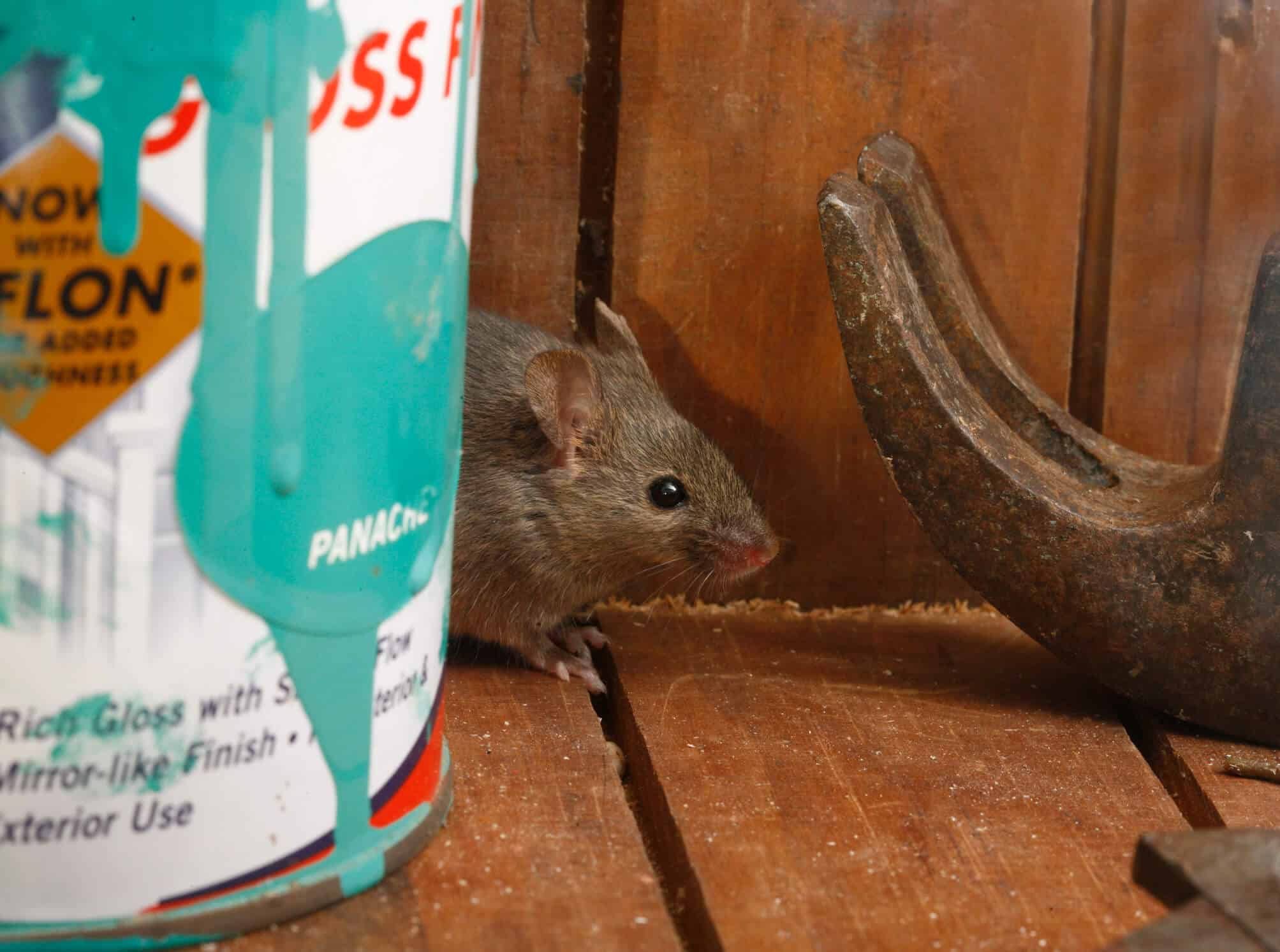3 Deadly Bugs That Might Shock You

Contrary to what many people (and pop culture) may think, it’s not poisonous spiders, rare centipedes, or even killer bees that pose the biggest danger to us humans… unless you have a life-threatening allergy.
Seriously, EpiPens save lives.
For the most part, however, the truth about most hazardous insects is less cinematic. In fact, it’s not even poisons or toxins that make the deadliest bugs so dangerous—it’s the diseases they carry.
These are three of the most deadly insects in the world. Or, more accurately, three of the most deadly insect-borne diseases in the world.

Freshwater Snails
“Snails? Is this a joke?”
Nope, it’s true (and yes, we totally just read your mind). Statistically, you should be way more afraid of snails than of spiders, lions, or even sharks.
Not that you should be that afraid of them in general… these parasites are usually found in certain areas of central and western Africa, the Middle East, and Asia.
Freshwater snails can carry an infectious parasite that moves between the snails and the body of water in which they reside. As a result, you can be infected by the parasite by coming into contact with the snails or the water.
The parasites cause the disease schistosomiasis, which manifests with a variety of symptoms including liver, intestinal, and bladder distress. It can be treated but requires medical intervention.
Yeah… it’s all pretty foul.
Luckily, you don’t have to worry about these guys in your local American watering hole—so don’t let it keep you up at night!

Tsetse Flies
This tiny little fly, found mostly in rural southern and eastern Africa, claims the lives of around 10,000 people every year.
How does this happen?
The flies carry a nasty microscopic parasite that looks sort of like an eel slithering amongst blood cells.
The parasite, Trypanosoma brucei, causes a potentially fatal disease called human African trypanosomiasis. Colloquially, it’s known as “African sleeping sickness”. The parasite initially resides in the blood. Over time it migrates to the cerebrospinal fluid and eventually breaks the blood-brain barrier, attacking the brain. Initial symptoms of sleeping sickness include fever, headache, and sore muscles. Eventually, symptoms progress into extreme tiredness and severe confusion.
Unfortunately, its rarity has deterred adequate research and development of a cure. Certain medications can help, but infections are often still fatal.
If you live in or are traveling to an area populated by tsetse flies, make sure you research how to prevent exposure to them.

Mosquitoes
Brace yourself… this one is almost unbelievable.
In an average year, mosquitoes kill more people than any other animal—including other humans—combined.
Seriously harrowing.
Tragically, the deaths are largely due to the transmission of malaria (a curable disease) in regions lacking basic medical care.
At some point in your life, you’ve probably heard about the dangers of mosquitoes and malaria in certain areas of the world. But you probably didn’t know it was this bad. Mosquitoes kill just under a million people annually… and it’s completely preventable. How are we not talking about this more?
The good news is there are global efforts to stop the spread of malaria and treat this devastating disease. Thanks to the Internet, you can even get involved in this cause if you’re interested.
At the end of the day, all bugs have the potential to carry and transmit diseases. As crazy as it seems, these small (and easily squished) creatures can cause disproportionate damage. Protect your home and family by being aware of the threats insects may pose to your family.



